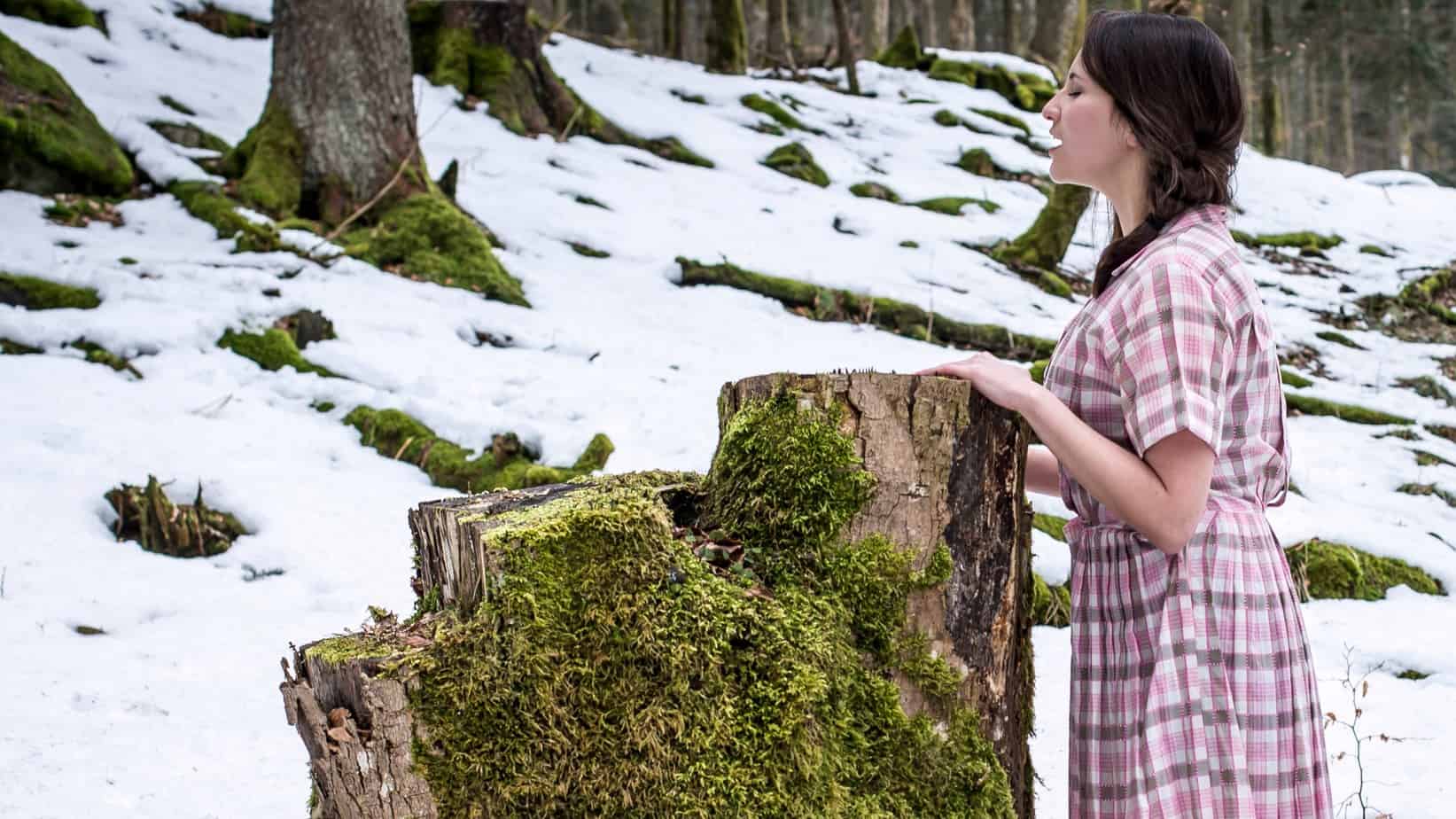Like any major political event throughout history, Brexit has inspired its fair share of artistic expression.
Over the last 18 months, everybody from Banksy to Mick Jagger have put pen to paper, paint brush to canvas and spray can to brick wall in an attempt to understand and respond to Britain’s decision to leave the European Union.
The latest is Marchland, a series of plays, talks and exhibitions inspired by Europe’s border regions from French theatre company Théâtre Volière, which arrives at the Bridewell Theatre next week.
Artistic directors Mick and Natasha Wood had been living in Strasbourg right up until the referendum, when family reasons brought them home to England. Natasha says she was struck by London in the aftermath of the vote, and how different things were from the picturesque city perched on the French and German border.
“It broke my heart; not the decision to leave, but the atmosphere – it was all so brutal, it felt like a divorce,” she says.
“I started thinking a lot about our time in Alsace – the history, geography, mix of cultures – it was such an amazing experience and inspired me so much artistically that I wanted to share that with a London audience.”
Marchland has attracted artists from the Balkans, Hungary, France, Spain, Sweden, Norway and Denmark, and includes theatre, poetry, art and music on the theme of borders; historic and contemporary, real and imagined.
“It can seem like quite a niche subject matter, but there is actually a wealth of material – so many brilliant stories are set on a border,” Natasha explains.
Among those featured are Théâtre Volière’s own Arnika, a whodunnit play set in a small village in the Alsace mountains where residents are attempting to rebuild their lives following the Nazi occupation.
“We’re looking at the effects of the Second World War on this small community – a disputed territory – but it’s a fairly universal examination of how good people can make bad things happen,” Natasha says.

From the border of France and Germany in 1951 Marchland moves to Scandinavia, with a performance from musicians KultNett. Sound of the Arctic delves into the history of the people of Norway, Sweden and Finland and gives a voice to the Sámi people, for whom these national borders don’t exist.
“It’s an interesting mix of music and stories from this group of nomadic travellers who seem to transcend the borders of Nordic countries and create their own culture.”
Spanish photographer Ignacio Evangelista’s exhibition documenting former border posts between European states will be accompanied by a reading from TS Eliot prize-winning poet George Szirtes, while former United Nations prosecutor Alex Batesmith will present reflections on his journeys to Yugoslavia before and after its disintegration.
The final Saturday sees Swedish and Danish vocal group Åkervinda take to the stage to perform their unique modern Nordic folk songs.
It is an upbeat conclusion to what is otherwise seen as a fairly dark subject matter in the creative industries – British artists voted overwhelmingly to remain – but Natasha wants Marchland to take on a positive tone.
“It’s not about being angry, the tone isn’t even supposed to be pro-remain, it’s really a celebration of our shared history with Europe.
“If we’re going to leave the EU as a political structure, I want us to remember our cultural ties – they’re our neighbours, we’ve gone through so much with them, that shouldn’t just disappear.”
Marchland opens 5 February at Bridewell Theatre.







